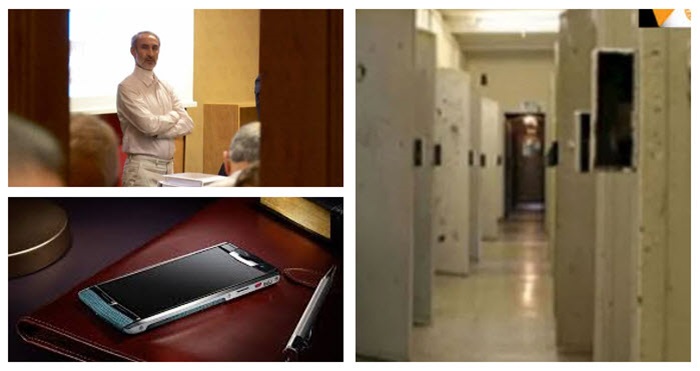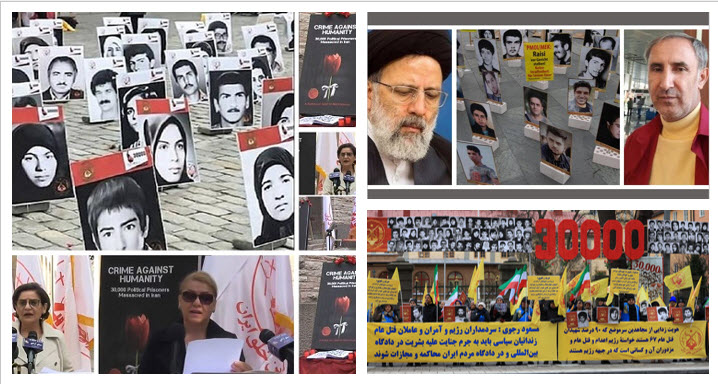

The court’s recent ruling, rejecting Noury’s appeal, solidifies its commitment to confronting impunity for grave human rights violations and maintaining the principles of international law and justice.
Noury’s conviction revolves around serious violations of international humanitarian law and murder during the tragic events of the summer of 1988. Over 30,000 political prisoners, mainly associated with the People’s Mujahedin of Iran (PMOI/MEK), were executed following the regime’s acceptance of a ceasefire with Iraq.
Arrested at a Stockholm airport in November 2019, Noury faced trial under Sweden’s principle of universal jurisdiction, allowing the prosecution of individuals for grave offenses regardless of where they occurred.

The Supreme Court’s refusal to entertain Noury’s appeal underscores Sweden’s unwavering dedication to justice and its stand against impunity for crimes against humanity. Despite efforts by the clerical regime to contest the verdict, Sweden’s High Court has reasserted the primacy of justice, sending a resolute message against human rights violations.
This legal saga, illuminating Iran’s egregious human rights abuses, may prompt Tehran to reconsider its coercive tactics towards Sweden. Recent instances, such as the notorious prisoner swap involving Belgium and Iran in the case of Assadollah Assadi, highlight Tehran’s willingness to exploit diplomatic channels for ulterior motives.
Sweden’s Supreme Court rejected the appeal by Hamid Noury, one of the criminals implicated in the 1988 massacre of political prisoners in #Iran. His life sentence was confirmed. Now that the judicial process has ended, the regime will focus on hostage taking. The Iranian…
— Mohammad Mohaddessin (@Mohaddessin) March 6, 2024
The ongoing Middle East conflict underscores the international community’s failure to hold Tehran accountable for its role in supporting proxy militant groups. Granting impunity to mass murderers and state-sponsored terrorists will only empower the Iranian regime, allowing it to continue destabilizing the region and posing a threat to global security under the guise of strategic leverage and so-called “field diplomacy.”

MEK Iran (follow us on Twitter and Facebook), Maryam Rajavi’s on her site, Twitter & Facebook, NCRI (Twitter & Facebook), and People’s Mojahedin Organization of Iran – MEK IRAN – YouTu







